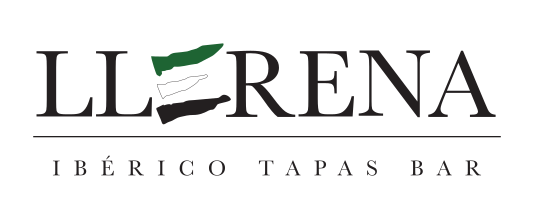One of the greatest aspects of Iberico tapas is that it is a culinary tradition that feels like it has always existed.
For as long as there has been delicious Iberico pork and olives and chorizo, there has been an array of tapa to either enjoy as a mini banquet amongst friends, or sample alongside sherry, wine or a variety of other local drinks as per historical tradition.
Exactly where this tradition began is unclear, but one commonly claimed theory involves a 13th-century monarch, a digestive upset and a royal decree that seemed to benefit everyone, especially the posadas of the Iberian Peninsula.
King Alfonso The Wise
Born in 1221 in Toledo, King Alfonso X reigned over Castile, León and Galicia from 1252 until his death in 1284 at the age of 62.
During this time the man known as the Astrologer contributed considerably to Spanish culture, employing a diverse court for the time to help translate historical texts, contemporary scientific works, songs and books of games from Arabic and Hebrew into Latin and later Castilian, a precursor to modern Spanish.
He was involved in a lot of different parts of Spanish culture either directly or through the works he funded, with one of his biggest and most involved projects being the Siete Partidas, an early legal code so advanced it was used as a basis for the legal statute used in the United States.
One of the laws he would put into action was directly related to tapas and comes as a result of his own experience dealing with an illness that was unspecified but believed to be a digestive disorder.
As a result, he could only eat foods in small portions served with wine, as well as avoid foods that were hard to digest that would make him feel worse.
In doing so, according to the story, he noticed that wine felt so different on an empty stomach compared to a full one that he decreed that no wine could be served in Castile unless accompanied by some form of food, to stop people drinking on an empty stomach and getting ill or drunk as a result.
Chicken Or Egg
Several authors have been adamant that this story was the origin of tapas, and given that the events took place 800 years ago and it will be exceedingly difficult to find any more proof either for or against this claim.
However, it is unclear as to whether this led to the invention of tapas or whether the law was the result of a culture of eating light plates that were already there.
Even by the middle ages, the Spanish tradition of having a large main meal followed by a siesta was well established so to tide workers over, light snacks were accompanied by wine in the winter and gazpacho in the summer.
However, when the tabernas and posadas became more widely established, the decree ended up having an unexpected side effect, in that the bread or meat served as a cover for the wine to protect the drink from flies, and the salted meat often made people thirstier, increasing business.

